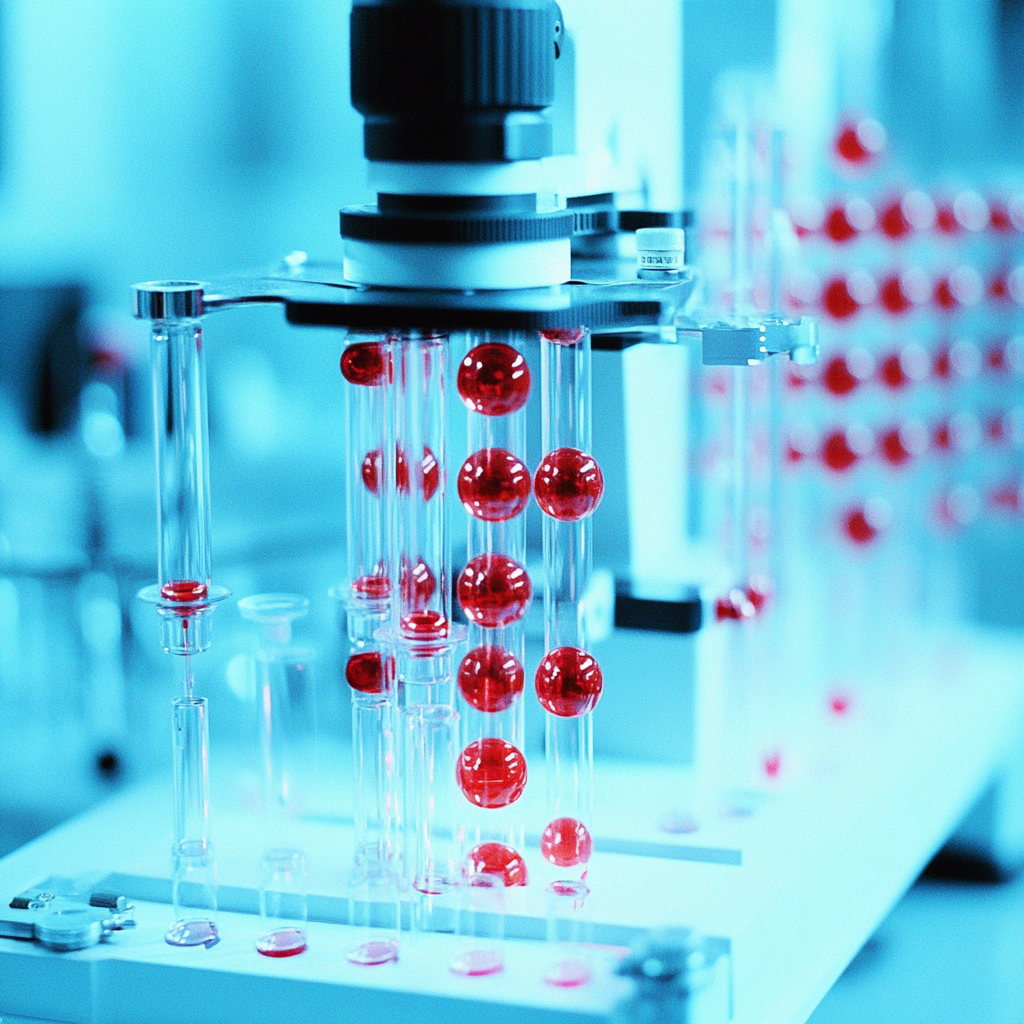Sci Rep. 2025 Apr 12;15(1):12558. doi: 10.1038/s41598-025-97443-z.
ABSTRACT
Data on the benefits of early integration of indirect calorimetry (IC) for caloric guidance and maintaining a positive nitrogen balance in critically ill patients with acute kidney injury (AKI) are scarce. This study aimed to evaluate the impact of the nutritional therapeutic approach on mortality and renal outcomes in these patients. We conducted an open-label randomized controlled trial, Intensive Care Unit (ICU)-admitted patients on mechanical ventilation who were diagnosed with AKI within 72 h after admission were enrolled and assigned to receive either early goal nutrition therapy (caloric dosing guided by IC and protein delivery guided by nitrogen balance, maximum 1.3 g/kg/day) or conventional nutrition therapy for 14 days. The primary outcome was all-cause 28-day mortality. Secondary outcomes included 14-day mortality, an incidence of renal replacement therapy (RRT) initiation, and safety. A total of 80 patients were enrolled, with 40 participants in each group. At 28 days, mortality in the early goal group was 17.5% (7 out of 40), compared to 40% (16 out of 40) in the conventional group, resulting in a difference of 22.5% points (P = 0.03). The incidence of RRT initiation and adverse events was similar. In conclusion, among critically ill patients with AKI, early goal nutrition therapy is safe. However, renal and mortality outcomes do not allow for a conclusion since the unequal in disease severity between groups. Larger randomized controlled trials are required to confirm findings.
PMID:40221568 | DOI:10.1038/s41598-025-97443-z
